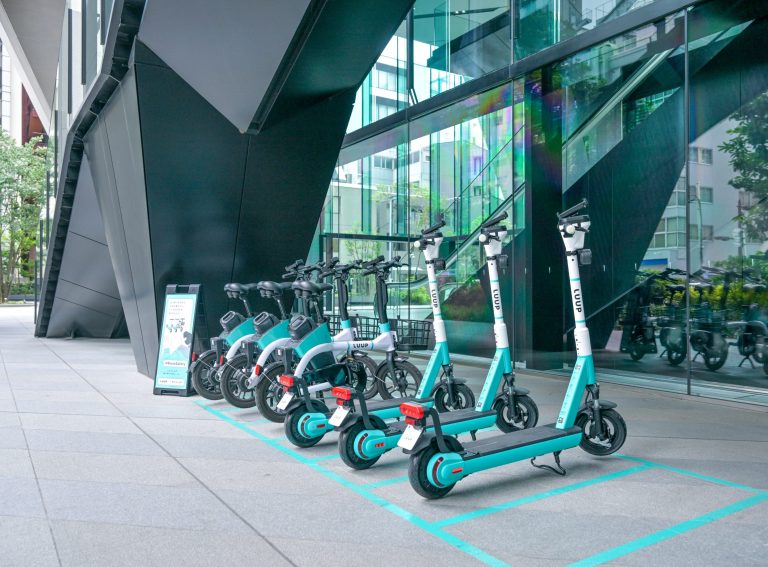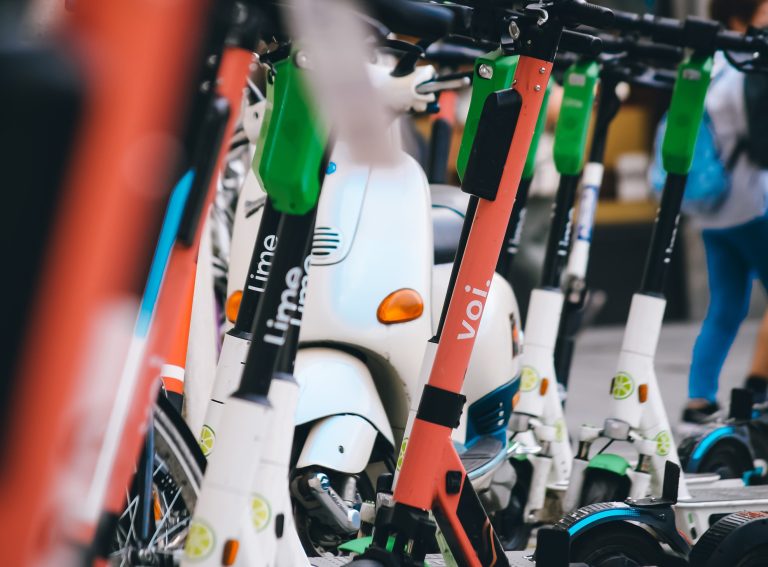An international transport think tank is urging governments to prioritise funding for micromobility and to cut back on how much space and infrastructure is allocated to cars.
The Reversing Car Dependency report by the International Transport Forum (ITF) stresses that reducing the world’s dependence on cars is vital for improving lives, and cutting down on the environmental and social costs linked with private car use.
The ITF is the only global body with a mandate for all modes of transport.
It acts as a think tank for transport policy issues and organises the annual global summit of transport ministers.
The ITF writes that “the emergence of shared micromobility has increased demands for redistributing space” and that “expanding dedicated cycling lanes to accommodate e-scooters, e-bikes and similar micro-vehicles will do much to make these safer, and also perceived as safe, thus making micromobility a much more attractive alternative to cars”.
The message that streets in cities would be safer with a modal shift away from cars echoes a report on Safe Micromobility, which the ITF published in February 2020.
A special Eurobarometer on mobility and transport from last summer indicates that the lack of dedicated lanes to use e-scooters is a significant factor contributing to a perception among many European citizens that e-scooters are unsafe for riders and other road users.
A user survey Voi carried out in October supports the fact that the lack of dedicated road infrastructure is a cause for safety concern among scooter riders.
Commenting on the report, Richard Corbett, regional general manager of Voi Technology, said: “We believe it’s crucial to reallocate space in cities and build better lanes for all lightweight travellers.
“This will make our streets safer and offer more space for the local community to thrive.
“By sharing data with cities, we help with improving the understanding of traffic flows.
“And by integrating with public transport in many cities, we further improve the accessibility and flexibility of urban transport, presenting a viable alternative to short car rides.
“We’re confident that these recommendations and this report will kickstart the next stage towards reclaiming our cities.”




